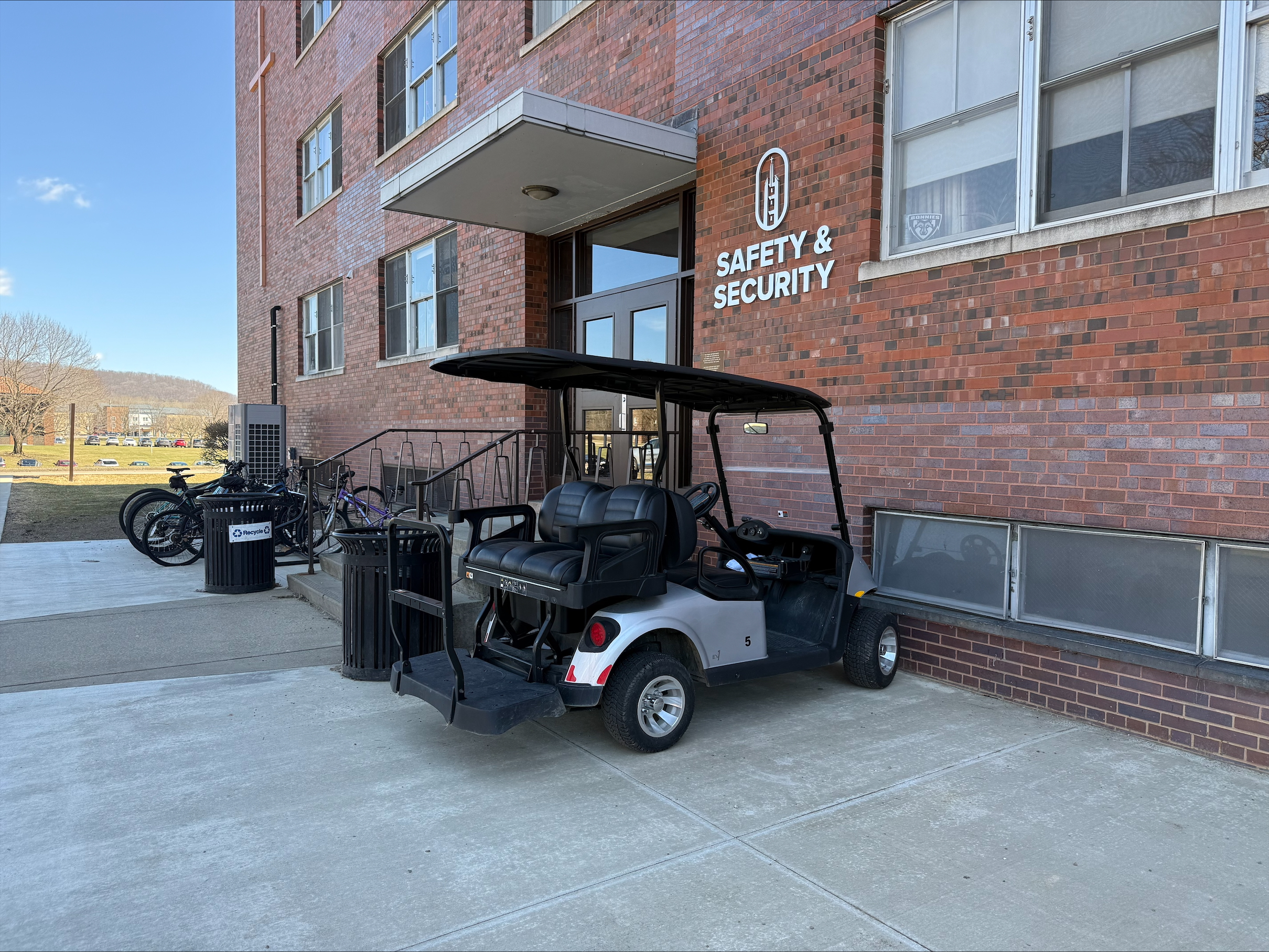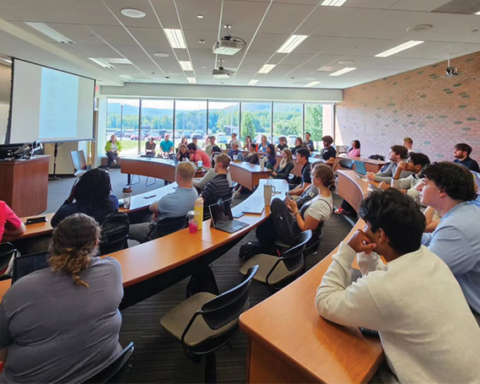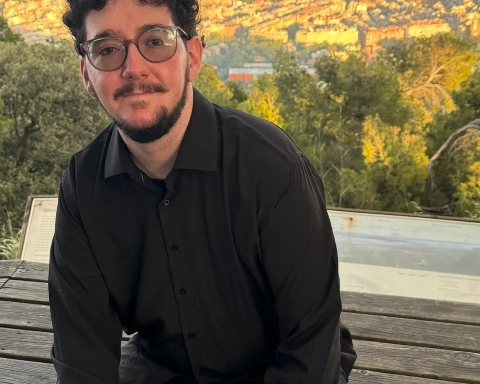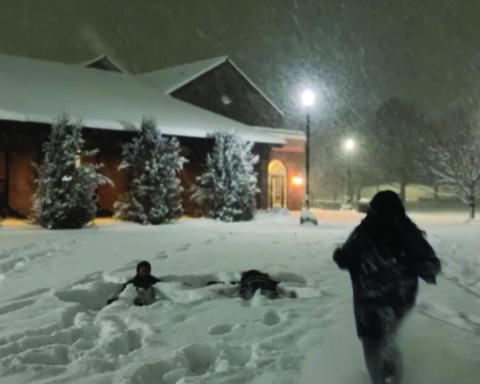By Rachel Konieczny
News Editor
The First-Year Experience program hosted the documentary, “The Central Park Five”, followed with a discussion in conjunction with the RaceMatters program on Monday.
Rachel Ann Walsh, Ph.D., professor of English, and Christopher Brown, director of the First-Year Experience and Orientation programs, introduced the film.
The film tells the story of the wrongful conviction of five Harlem teenagers for the rape of a white woman in New York City’s Central Park in 1989. The five teens served their complete sentences, between 6 and 13 years, before another man, a serial rapist, admitted to the crime and DNA testing confirmed his confession.
Brown said the film connects to the First-Year Experience and All Bonaventure Reads programming hosted last semester that featured Bryan Stevenson’s book Just Mercy and brought Anthony Ray Hinton, an exonerated death row prisoner, to campus.
“We wanted to show this film to show that these stories aren’t single mistakes,” Brown said. “The repetitive nature of how often these occur in our criminal system really show some systemic issues that our society needs to face and our community needs to face.”
Walsh introduced the film by explaining the instance of a man detained at Rikers Island for three years without trial for allegedly stealing a backpack.
“In 1975, the prison population in the U.S. was 380,000,” Walsh said. “By 2014, that number skyrocketed to 2.4 million prisoners in the U.S. 70 percent of prisoners are black and Latino and transgender subjects.”
Walsh said the city reached a settlement in 2014 for the civil suit filed against the police department, and the men received $40 million, or $1 million for every year they served in prison. Walsh noted, however, that time cannot be bought back.
Brown also raised the issue of juveniles being sentenced as adults.
“By getting close to these issues, by really diving into it, especially for those of us that have the option to ignore it, that’s when we’re truly going to understand the level of impact that these types of injustices play in society,” Brown said.






